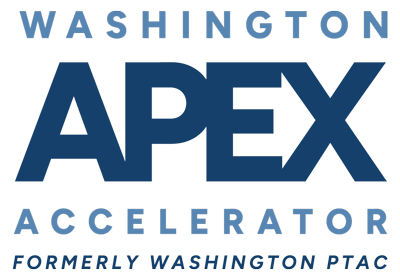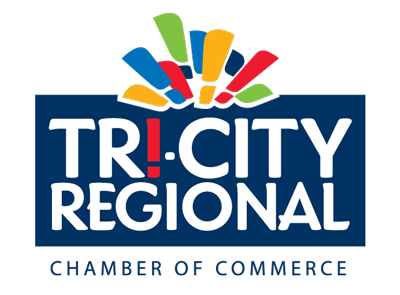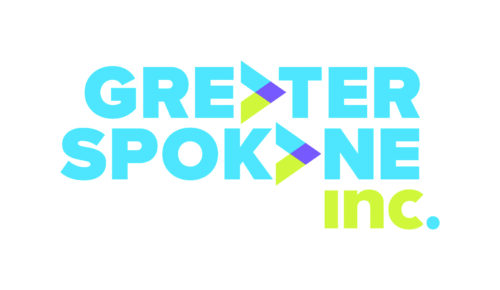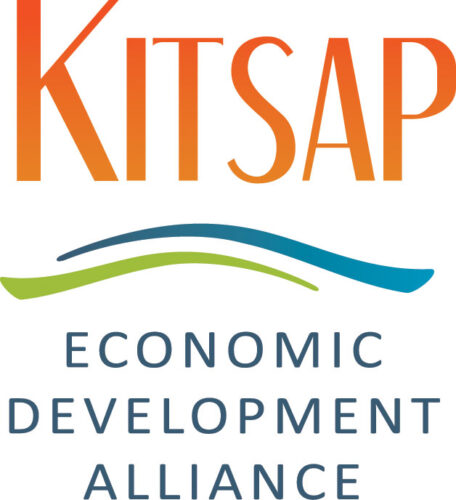GAO recently dismissed a protest to an awardee’s eligibility under the applicable size standard. The protester argued that the agency should have known that the awardee exceeded the nonmanufacturer rule’s 500-employee maximum. After extensive briefing from both parties and from the SBA itself, GAO found that the awardee’s proposal didn’t raise any issues and that it was really up to the SBA to decide the size issues anyway.
Superior Optical Labs, Inc., B-418618 (July 7, 2020), involved a VA sole-source procurement for prescription eyeglasses and optician services for the VA’s Central California Health Care System, a division of the Veterans Integrated Service Network (VISN). The solicitation was 100% set-aside for service-disabled veteran-owned small businesses under North American Industrial Classification System (NAICS) code 339115, with a corresponding size standard of 1,000 employees.
Before making the award, the VA conducted market research to determine the intended awardee, PDS Consultants, Inc.’s, eligibility. During the VA’s review of PDS’s prior work and capabilities, PDS told the VA that it had acquired its prescription eyeglass manufacturer, Korrect Optical. So, the VA concluded that Korrect Optical’s previous VISN 21 manufacturing capability “was now possessed by PDS.”
As a result of the market research, the VA issued the solicitation to PDS. The solicitation included VA Acquisition Regulation (VAAR) clause 852.219-10, Notice of Total Service-Disabled Veteran-Owned Small Business Set-Aside. This required PDS to explain how it would meet the subcontracting limitation (if it was the manufacturer) or comply with the nonmanufacturer rule (if it was not the manufacturer).
PDS’s proposal stated that it would “use its own optical labs and equipment to meet production requirements” and the required eyeglasses would be manufactured at PDS’s lab in Kentucky, with contingency
production available at its lab in Florida. The proposal said that PDS would “fully comply with VAAR [clause] 852.219-10,” and that “over 51% of the work on this contract will be performed by PDS.” But it also stated that PDS would “use the optical labs of the company’s wholly-owned subsidiary, Korrect Optical, to meet production requirements.”
During its evaluation, the VA found that PDS was a responsible source with a technically acceptable proposal and a fair and reasonable price; it awarded the solicitation to PDS.
Superior Optical Labs, Inc. protested the award. It argued that the VA ignored information showing that PDS was not a small business and should have referred PDS to the Small Business Administration (SBA) for a size determination. Superior said that PDS and its affiliate, Korrect, had an aggregate size of more than 500 employees. And Superior asserted that this exceeded the applicable size standard because PDS was not the manufacturer, so PDS would have to meet the 500-employee maximum set forth in the the nonmanufacturer rule.
In reaching its decision, GAO referred to the solicitation’s manufacturing NAICS code and said, “[i]f the offeror is the manufacturer of the products, the firm must comply with the limitation on subcontracting requirement[,]” or, alternatively, under the non-manufacturer rule:
[A] nonmanufacturer small business can provide products that it has not manufactured, so long as the firm does not exceed 500 employees and represents that it will supply the products of a domestic small business manufacturer or processor[.]
GAO said that, here, PDS certified in its SAM registration that it met the solicitation’s 1,000-employee size standard and that Superior did not allege otherwise. Superior also did not allege “that PDS will not comply with the solicitation’s limitations on subcontracting requirement.” GAO explained that, instead:
Superior argues that 500, rather than 1,000, employees is the applicable size standard because PDS will not manufacture the required eyeglasses, and that PDS cannot comply with the 500 employee size threshold set out in the nonmanufacturer rule[.]
Superior’s argument focused on “the plain statement in PDS’[s] proposal that it would rely on Korrect for manufacturing,” which Superior said shows that PDS is a nonmanufacturer, and which the VA “ignored.”
But the VA argued that the nonmanufacturer rule did not apply here “because PDS will manufacture the required prescription eyeglasses itself, and that, accordingly, the applicable size standard is 1,000 employees, which PDS meets.” To support this, the VA identified PDS’s assertions that eyeglasses would be manufactured at its Kentucky ophthalmic laboratory and “that it will comply with the solicitation’s limitations on subcontracting.”
To resolve these arguments, GAO requested SBA’s views on the matter.
SBA said that PDS’s proposal supported its representation that it was the eyeglasses manufacturer. It did not agree with Superior that “PDS’s proposed use of Korrect’s manufacturing facilities meant that PDS did not qualify as the manufacturer of the eyeglasses.” SBA said, “using another firm’s facilities does not by itself trigger the nonmanufacturer rule[,]” and that, in accordance with SBA’s interpretive decisions, “a manufacturer can use third-party facilities.” It also noted that PDS’s proposal said it would comply with the limitations on subcontracting and did not mention the nonmanufacturer rule.
After discussing SBA’s opinions on the issues, GAO explained:
Ultimately, whether PDS qualifies as a small business manufacturer or, if not a small business manufacturer, is capable of complying with the nonmanufacturer rule, relates to PDS’s size status. Determining PDS’s size status, however, is a matter reserved exclusively for the SBA.
Therefore, GAO will generally “dismiss a protest challenging a firm’s small business or socio-economic status.”
A limited exception applies, however, when a protester argues, as Superior does here, that the awardee’s offer shows on its face that it is not eligible for award as a small business, or here as an SDVOSB. In such instances, we will review the reasonableness of the contracting officer’s decision not to refer the matter to the SBA.
In the end, apparently utilizing this “limited exception,” GAO said it “agreed with the SBA that there are no concerns about PDS’s size status stemming from the face of its proposal.” It dismissed the protest.
To GAO, PDS’s proposal did not clearly show it would “rely on Korrect to perform the manufacturing of the required prescription eyeglasses.” Instead, GAO said that the proposal anticipated “use” of Korrect’s optical labs to meet production requirements. Then, GAO reiterated the standards applied by the SBA, stating:
[A] firm’s use of another firm’s facilities does not, by itself, prevent the firm from being considered a manufacturer, thereby triggering the 500 employee size limit under the nonmanufacturer rule.
Applying this standard, GAO held:
In sum, there is no basis for Superior’s contention that PDS’s proposal, on its face, calls into question its status as the manufacturer for the procurement; therefore, there was no reason for the contracting officer to refer the matter of PDS’s size status to the SBA.
The takeaway here, more than anything, is that most size matters should be addressed to the SBA. While GAO entertained multiple rounds of briefing and even got the SBA involved, it essentially concluded that this stuff is up to the SBA. In the end, the protester could have saved lots of time and resources if GAO had dismissed for jurisdiction in the first place. One wonders if timeliness concerns prevented the protester from simply filing a size protest.
If you have a size or bid protest issue, and you are unsure of the best venue to address it, please give us a call.
Syndicated from SmallGovCon








